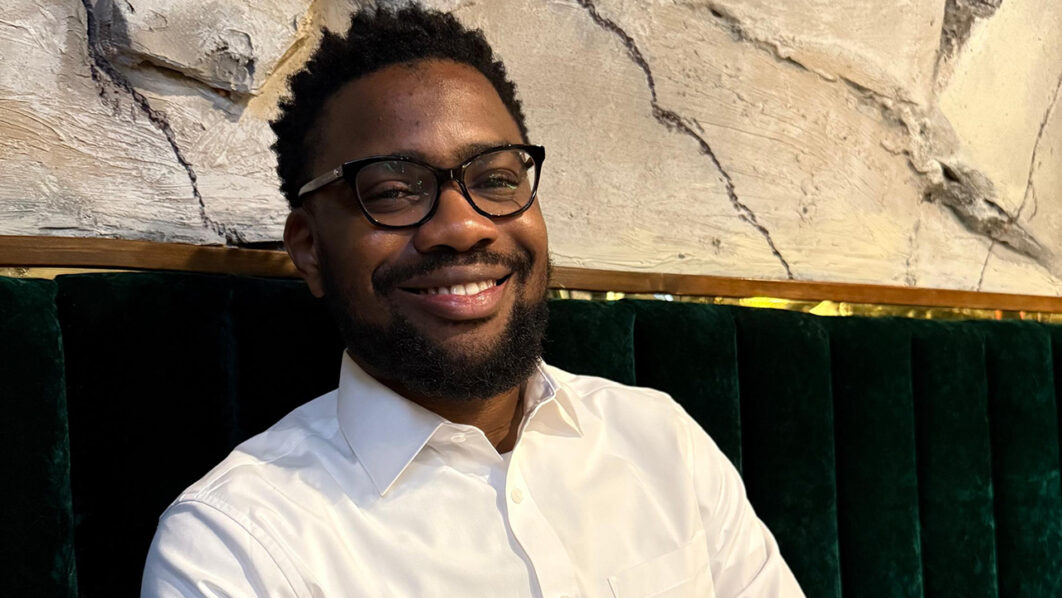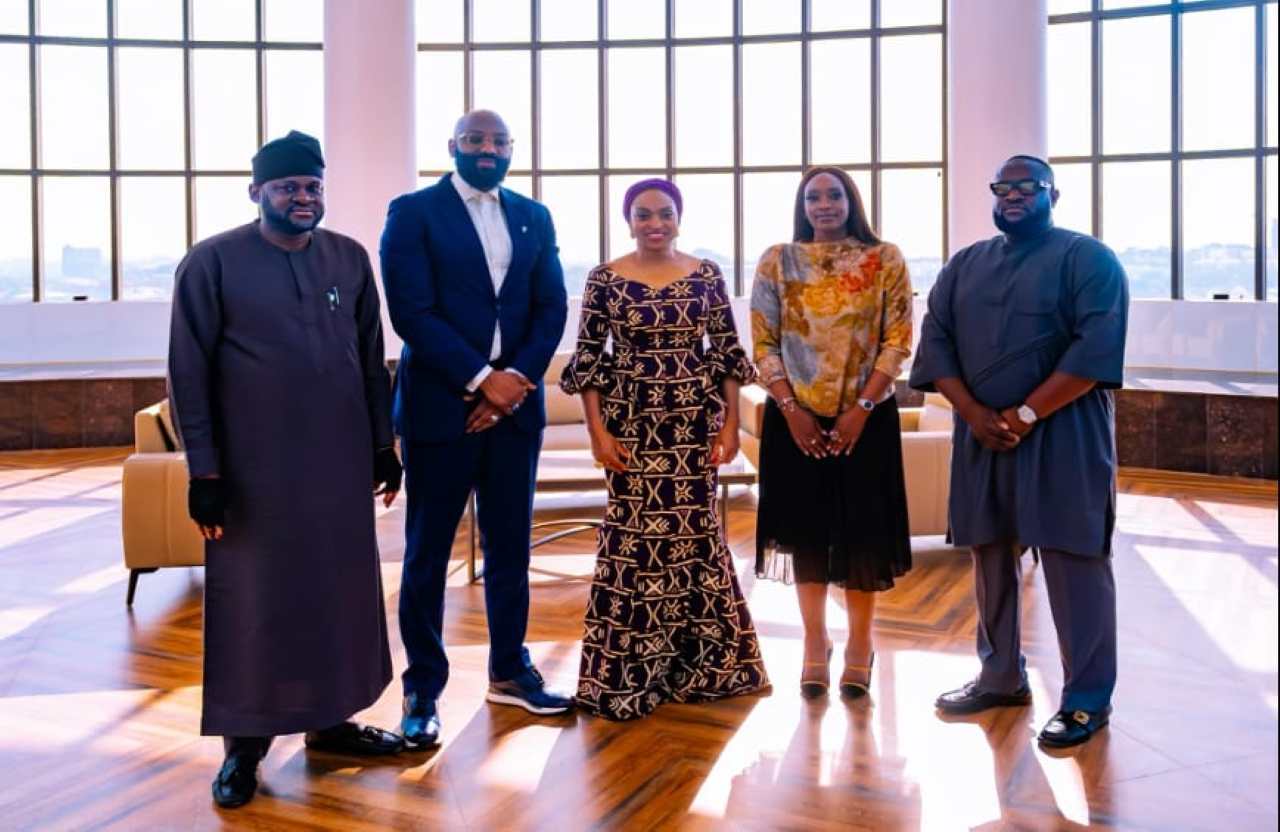
Josemaria Osuorah is a software engineer and cybersecurity expert. He is the author of Cybersecurity Fundamentals, a book designed to make cybersecurity concepts accessible to professionals and enthusiasts. In this interview with ONYEDIKA AGBEDO, Osuorah, who is currently studying for his PhD at Prairie View A&M University, Texas, U.S., speaks on how financial institutions can use Artificial Intelligence (AI) to mitigate cyber fraud, among other issues.
Could you briefly describe your career journey in software engineering and cybersecurity?
My career began after earning a Bachelor’s degree in Computer Engineering from Madonna University in Nigeria, followed by a Master’s in Computer Science Software Engineering from the University of Staffordshire, United Kingdom. Initially, I worked as a consultant, providing IT solutions and strategic guidance on various technology projects.
Driven by my passion for cybersecurity and advanced technologies, I decided to further my research and academic pursuits. Currently, I’m a Research Scientist and PhD student at Prairie View A&M University in Texas, United States of America, where my research centres on leveraging artificial intelligence and machine learning to bolster cybersecurity measures. Additionally, in 2023, I authored the book, Cybersecurity Fundamentals, designed to make cybersecurity concepts accessible to professionals and enthusiasts alike.
With your extensive experience, what challenges stand out in the software engineering and cybersecurity field, and how have you navigated them?
The cybersecurity and software engineering sectors present unique challenges, primarily rapid technological advancement, skill shortages, and increasingly sophisticated cyber threats. Staying informed about technological developments requires continuous learning through specialised training and industry participation.
The global shortage of cybersecurity experts is a significant issue that I actively tackle by mentoring aspiring professionals. Moreover, managing increasingly sophisticated threats requires consistent research and innovation, which is central to my academic and professional pursuits, specifically developing advanced security frameworks powered by artificial intelligence and cloud technology.
There has been a rise in cyber fraud within financial institutions globally. How can banks effectively bridge technology adoption gaps and manage insider threats?
Banks must adopt a holistic cybersecurity approach. This involves regularly training employees on cyber threats and safe practices, utilising advanced AI-driven analytics to detect abnormal activities promptly, and adopting a Zero Trust Architecture, ensuring users have limited access tailored to their roles.
Additionally, implementing behavioural analytics and conducting regular security assessments can help banks detect vulnerabilities early, reducing potential risks significantly.
Your PhD research focuses on Application of AI and Machine Learning in Cybersecurity. In your view, how can banks leverage these technologies to protect themselves from cyber attacks?
Artificial Intelligence and Machine Learning offer powerful tools for banks aiming to enhance cybersecurity. Banks can use these technologies to identify unusual transaction patterns indicative of fraud, forecast potential threats through predictive analytics, and continuously monitor security threats in real-time.
AI can also automate incident responses, drastically reducing reaction times during security breaches, and significantly strengthen authentication methods through biometrics and behavioral analytics.
How can Nigeria strengthen its capabilities in AI to create better opportunities for citizens?
For Nigeria to deepen AI capabilities, several strategic actions are essential. First, incorporating AI education into all levels of schooling will equip young Nigerians early. Secondly, fostering robust partnerships between academic institutions, industry, and government agencies can catalyse impactful research and innovation.
Establishing AI innovation hubs would encourage young entrepreneurs and innovators to develop practical AI solutions. Enhanced funding and clearer national AI policies would also stimulate growth and create a conducive environment for businesses to thrive, thus providing substantial employment and development opportunities for Nigerians.
What advice do you have for aspiring software engineers and cybersecurity professionals?
My foremost advice is to adopt lifelong learning, as technology evolves rapidly. Gaining practical experience through internships, freelance projects, and contributing to open-source projects is vital. Building strong professional networks and seeking mentorship can also guide and accelerate career growth.
It is crucial to have a solid grasp of core concepts, as this foundation allows professionals to adapt swiftly to industry changes. Lastly, maintaining curiosity and a proactive attitude toward problem-solving ensures continuous innovation and professional relevance.






